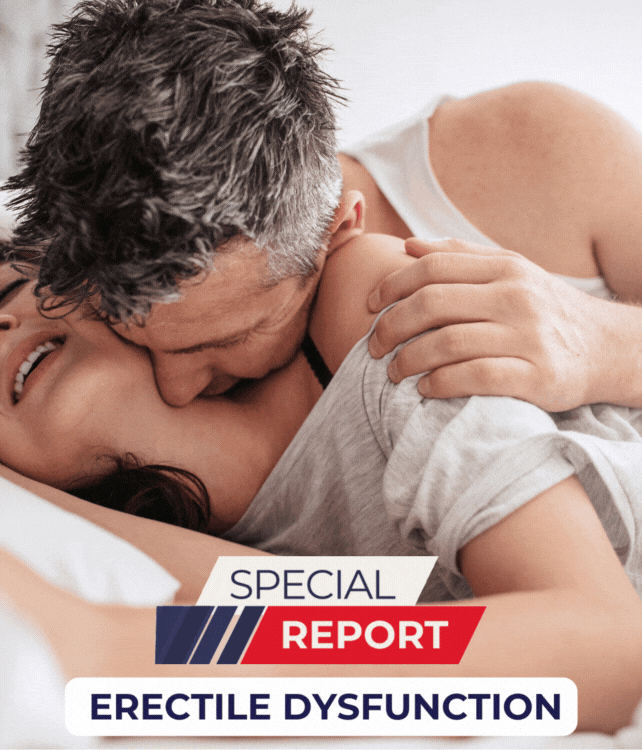As men age, they may experience a decline in testosterone levels, leading to various issues such as reduced sex drive, erectile dysfunction, and decreased energy. Addressing these concerns requires specialized care and attention. Tennessee Men’s Clinic is a premier authority in men’s sexual health care, with two convenient locations in the Nashville Metro Area. Specializing in treating conditions such as Premature Ejaculation (PE), Erectile Dysfunction (ED), and Low Testosterone (Low-T), the clinic aims to provide personalized and effective treatment to improve the overall quality of life for its patients.
What is Low T Clinics?
Low T center, also known as a testosterone clinic or men’s health clinic, is a specialized medical facility that focuses on diagnosing and treating low testosterone in men. These centers offer a range of services tailored to address the symptoms and underlying causes of low testosterone, such as hormone replacement therapy, lifestyle modifications, and personalized treatment plans.
Low T centers aim to provide comprehensive care for men experiencing symptoms of low testosterone, including low sex drive, decreased muscle mass, fatigue, and mood swings. By offering targeted interventions and personalized treatment plans, these centers strive to improve the overall well-being and sexual health of their patients.
Common Questions about Low T Clinics
When considering seeking treatment for low testosterone at a men’s health clinic, many men have questions about the process, potential treatments, and what to expect. Here are some frequently asked questions about Low T center:
1. What are the symptoms of low testosterone?
Symptoms of low testosterone can vary from person to person but may include reduced sex drive, erectile dysfunction, fatigue, loss of muscle mass, increased body fat, mood changes, and decreased bone density. Recognizing these symptoms and seeking guidance from a qualified healthcare provider is crucial for accurate diagnosis and appropriate treatment.
2. How is low testosterone diagnosed?
Diagnosis of low testosterone typically involves a comprehensive evaluation, including a physical exam, review of medical history, and blood tests to measure testosterone levels. The healthcare provider may also assess symptoms and discuss any potential underlying causes, such as chronic illnesses or medications that may affect testosterone production.
3. What treatments are available for low testosterone at a men’s health clinic?
Men’s health clinics offer various treatments for low testosterone, including hormone replacement therapy (HRT), lifestyle modifications, dietary changes, and targeted interventions to address specific symptoms. Each patient’s treatment plan is personalized based on their unique needs, health status, and treatment goals.
4. Is hormone replacement therapy safe and effective?
Hormone replacement therapy, when administered under the supervision of qualified healthcare providers, can be safe and effective for many men with low testosterone. However, the decision to pursue HRT should be made after careful consideration of potential risks, benefits, and individual health factors. It is essential to discuss any concerns or questions with a healthcare provider before beginning treatment.
5. What results can I expect from low testosterone treatment?
The outcomes of low testosterone treatment can vary based on individual factors, including age, health status, treatment adherence, and lifestyle choices. Many men experience improvements in sexual function, energy levels, mood, and overall well-being with effective treatment. However, it’s important to have realistic expectations and engage in open communication with healthcare providers throughout the treatment process.
Guidance for Seeking Low T Clinics Treatment
For men in Antioch, Tennessee, seeking treatment for low testosterone, it’s essential to find a reputable and experienced low T center that can provide personalized, evidence-based care. Before scheduling an appointment, consider the following factors to ensure a positive experience:
1. Expertise and Specialization:
Look for a men’s health clinic with specialized expertise in addressing low testosterone and related sexual health concerns. Clinics that focus specifically on men’s sexual health are more likely to offer tailored treatment options and skilled guidance.
2. Comprehensive Evaluation:
Choose a low T center that emphasizes comprehensive evaluation and personalized treatment planning. A thorough assessment of symptoms, underlying health conditions, and lifestyle factors can lead to more effective and targeted interventions.
3. Open Communication:
Seek a clinic where healthcare providers prioritize open communication and patient education. Being able to discuss concerns, ask questions, and actively participate in treatment decisions can enhance the overall treatment experience.
4. Patient-Centered Care:
Opt for a low T center that prioritizes patient-centered care and values the unique needs and goals of each individual. Personalized treatment plans, evidence-based interventions, and a supportive care team create a positive and empowering healthcare experience.
Final considerations
Seeking treatment for low testosterone at a reputable low T center can significantly improve the quality of life for men experiencing symptoms of low testosterone. By recognizing the services offered, asking informed questions, and choosing the right clinic, men in Antioch, Tennessee can take proactive steps toward addressing their sexual health concerns and reclaiming vitality and well-being.






Recent Comments